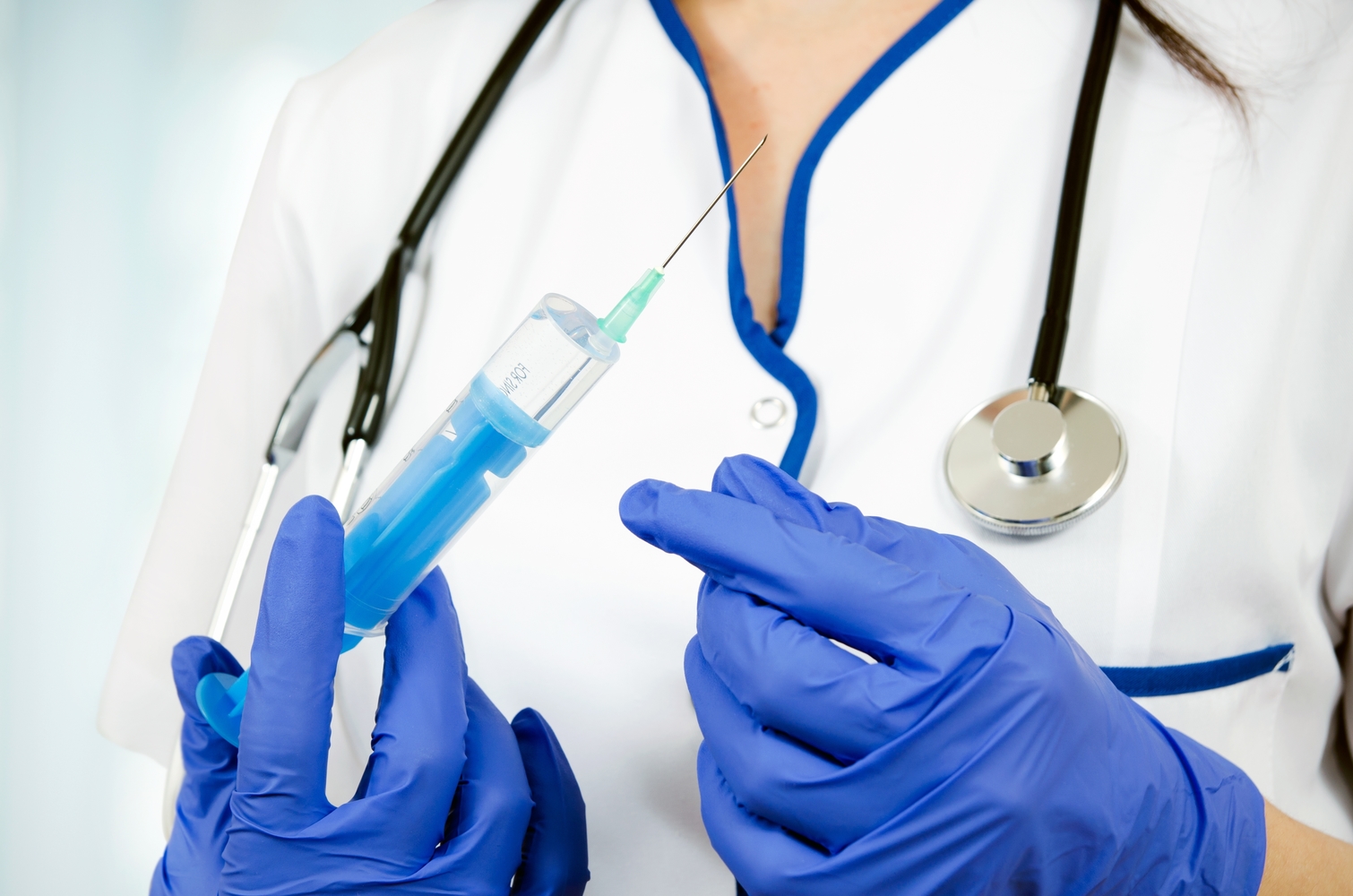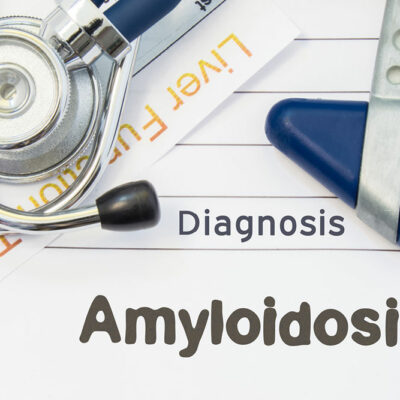
5 Effective Hyperhidrosis Treatments
While sweating is fairly common during hot, muggy days or during strenuous workouts, hyperhidrosis is a condition that causes chronic, abnormal and excessively heavy sweating. Patients with hyperhydrosis often perspire so much that the sweat literally saturates their clothing, often resulting in self-consciousness and social stress. While sweating is the nervous system’s natural way to cool off when you’re hot or anxious, patients who suffer with primary focal hyperhidrosis have overactive sweat glands, which means they sweat regardless of temperature, mood, or activity.
However, when patients with hyperhydrosis feel stressed, sweating often becomes even more profuse. Hyperhidrosis symptoms and signs include:
- Frequent sweating that soaks and stains clothing
- Frequent changing of clothing or using sweat pads
- Chronically clammy palms or feet
- Sweating that causes social withdrawal, self-consciousness, and/or depression
- Fear of human contact
- Stress concerning body odor
- Frequent fungal or bacterial infections of the skin
- Heavy sweating with lightheadedness and/or nausea
Medical researchers link the cause of primary focal hyperhidrosis to genetics or family history. Secondary hyperhidrosis, on the other hand, is excessive perspiration linked to an underlying medical condition, such as hyperthyroidism, perimenopause, diabetic hypoglycemia, anxiety disorder, heart disease, and bacterial infections (i.e., HIV, abscess, endocarditis, etc.). Taking certain doctor-prescribe medications can also cause excessive sweating (i.e., selective serotonin reuptake inhibitors, opioids, etc.). Thankfully, there is hope in these best treatments for hyperhidrosis:
1. Prescription-strength antiperspirants
The first line treatment often recommended by doctors is a hyperhidrosis deodorant or antiperspirant made with aluminum chloride (i.e., Xerac Ac or Drysol). These products are applied directly to sweaty areas (i.e., underarms, backs of knees, palms, etc.) before bedtime and then washed off upon waking. Many patients report skin irritations after using these products so a hydrocortisone cream may provide some relief.
2. Botox injections
If prescription antiperspirants don’t work, doctors may recommend Botox (or botulinum toxin) injections, which work to temporarily block the nerves that trigger the sweat glands. Patients may require several Botox injections administered to affected areas (i.e., armpits, palms, etc.). Most patients report significant sweat reduction within 6- to 12-months of the first treatment.
3. Antidepressants
If the underlying cause of hyperhidrosis is linked to an anxiety disorder, hyperhidrosis treatment medication recommended may be antidepressants in order to reduce sweating as well as chronic anxiety.
4. Nerve-blocking drugs
Nerve-blockers taken orally aim to impede chemicals that trigger the excessive nervous system response that causes hyperhidrosis. These prescription anticholinergics are often prescribed under names like benztropine, propantheline, glycopyrrolate, and oxybutynin.
5. Surgery
In severe hyperhidrosis treatment cases where no other remedies prove effective, doctors may recommend one of the following surgical options to either permanently impede nerves that trigger sweating or to remove the sweat glands completely. For instance:
- Sweat gland removal surgery extracts the sweat glands permanently from the patient’s armpits via suction curettage.
- Sympathectomy is a form of nerve surgery that cuts away and then clamps or cauterized the spinal nerves in order to block nerve signals that trigger sweating in the palms, back, chest, legs, abdomen, or buttocks.
- Microwave therapy emits microwave energy in three different 30-minute sessions to eradicate sweat glands permanently.


